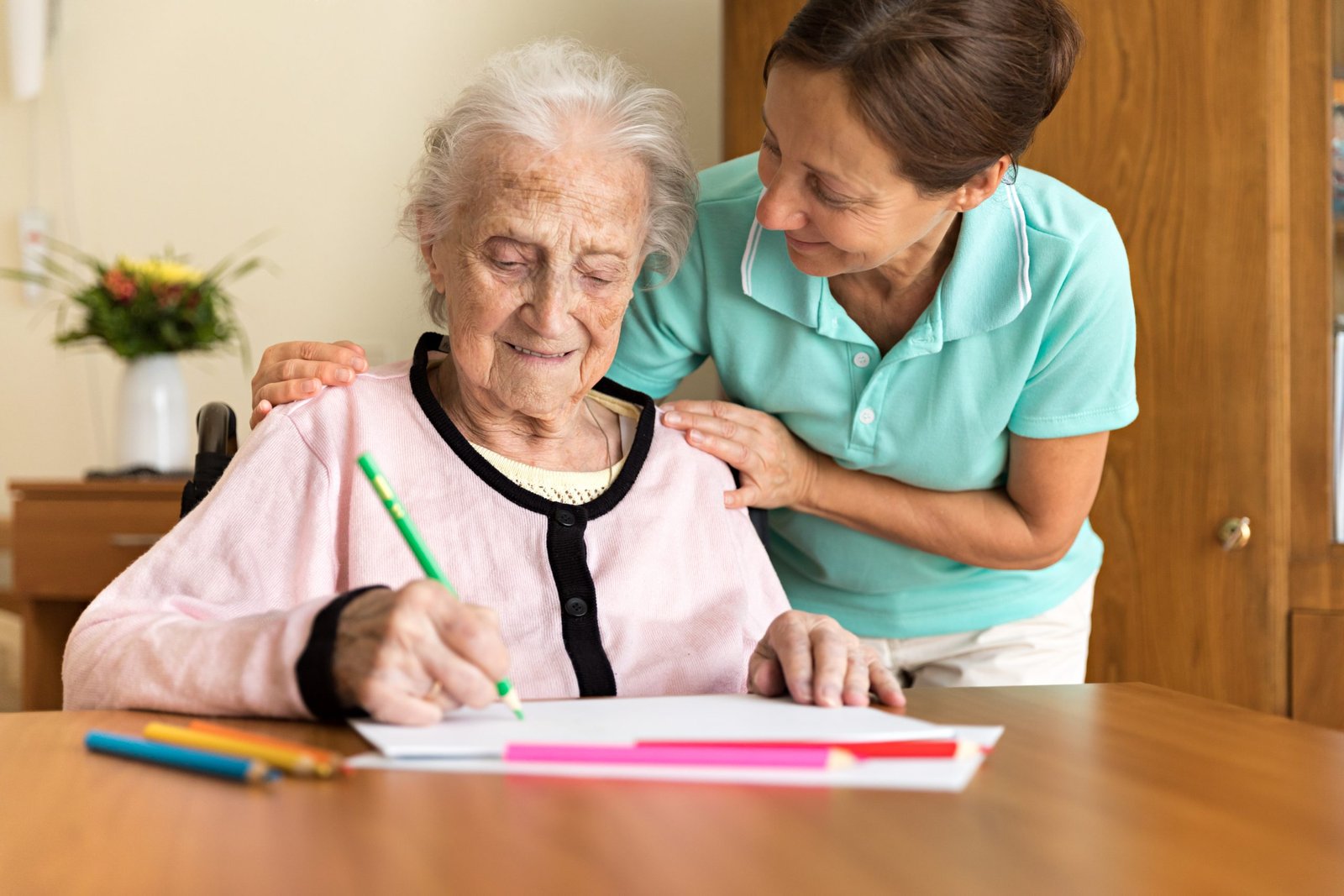Dementia
Key Facts
- Currently more than 55 million people have dementia worldwide, over 60% of whom live in low-and middle-income countries. Every year, there are nearly 10 million new cases.
- Dementia results from a variety of diseases and injuries that affect the brain. Alzheimer disease is the most common form of dementia and may contribute to 60–70% of cases.
- Dementia is currently the seventh leading cause of death and one of the major causes of disability and dependency among older people globally.
- In 2019, dementia cost economies globally 1.3 trillion US dollars, approximately 50% of these costs are attributable to care provided by informal carers (e.g. family members and close friends), who provide on average 5 hours of care and supervision per day.
- Women are disproportionately affected by dementia, both directly and indirectly. Women experience higher disability-adjusted life years and mortality due to dementia, but also provide 70% of care hours for people living with dementia.
INTRODUCTION TO DEMENTIA

Dementia
Dementia is not a single disease, but rather a general term used to describe a decline in cognitive function severe enough to interfere with daily life. It affects memory, thinking, behavior, and the ability to perform everyday activities.

Symptoms and Signs
Recognizing the early warning signs of dementia is crucial for early intervention and improved management. Memory loss is often associated with dementia, but other symptoms include confusion, difficulty with language, personality changes, and impaired judgment.

Causes and Risks Factory
The underlying causes of dementia can be diverse, involving a combination of genetic, environmental, and lifestyle factors. Understanding these factors is essential in developing prevention strategies and personalized treatment plans.

Diagnosis and Assessment
Diagnosing dementia involves a comprehensive evaluation, including medical history, cognitive testing, neurological examinations, and sometimes advanced imaging procedures. Early diagnosis can help individuals and their families prepare for the challenges ahead.

Treatment and Management
While there is no cure for most forms of dementia, various medications and therapies can help manage symptoms and slow disease progression. Additionally, non-pharmacological interventions, such as cognitive stimulation and physical activity, can improve overall well-being.

Caring for People
Supporting individuals with dementia requires a compassionate and dementia-friendly approach. Caregivers play a vital role in providing care, ensuring safety, and promoting dignity and independence for those affected.
Vision
Mission
Inclusive
Facilitate diverse interactions, creating opportunities for residents to engage with each other regardless of their cognitive condition.
Responsible
Providing a Safe and Secure Environment. Ensuring that the facility is designed and maintained to prevent accidents and wandering,
Respectful
Treat residents with empathy and understanding, recognizing that dementia may affect their behavior and communication.
Collaborative
Regularly seek feedback from residents, families, and staff to identify areas for improvement and implement necessary changes collaboratively.
Founder & Director
Prachi Jain is a psychologist with seven years of experience working on mental health problems. She has given light and hopes to those who were facing mental illness.
She is motivated to provide the best facilities for senior citizens, like living and treatment with love and hope.
Prachi Jain,
Director

"A place where memories are treasured, and hearts are forever young."
What activities are offered at the old age home?
Activities offered at manop foundation old age home can vary depending on the facility, its resources, and the specific needs and preferences of the residents. However, here are some common activities that are often offered:
Cognitive Stimulation: Memory games, puzzles, and brain exercises to keep the mind active and engaged.
Arts and Crafts: Painting, drawing, pottery, and other creative activities to foster self-expression and enjoyment.
Music Therapy: Singing sessions, music appreciation, and playing musical instruments to promote emotional well-being.
Physical Exercise: Gentle exercises, yoga, or tai chi classes to maintain physical health and mobility.
Social Events: Group gatherings, social hours, and parties to encourage social interaction and a sense of community.
Outdoor Activities: Walking, gardening, or outdoor excursions to enjoy nature and fresh air.
